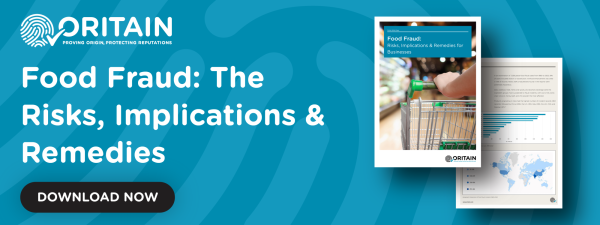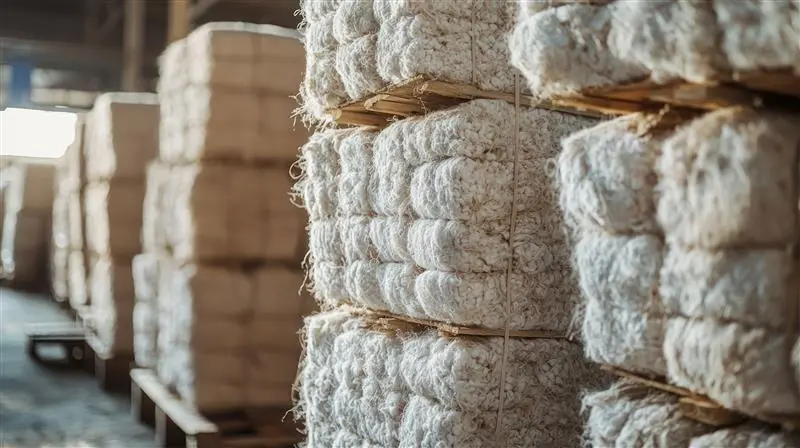How Scientific Traceability Detects and Prevents Food Fraud
By Oscar German | 1 July 2024
minutes to read.
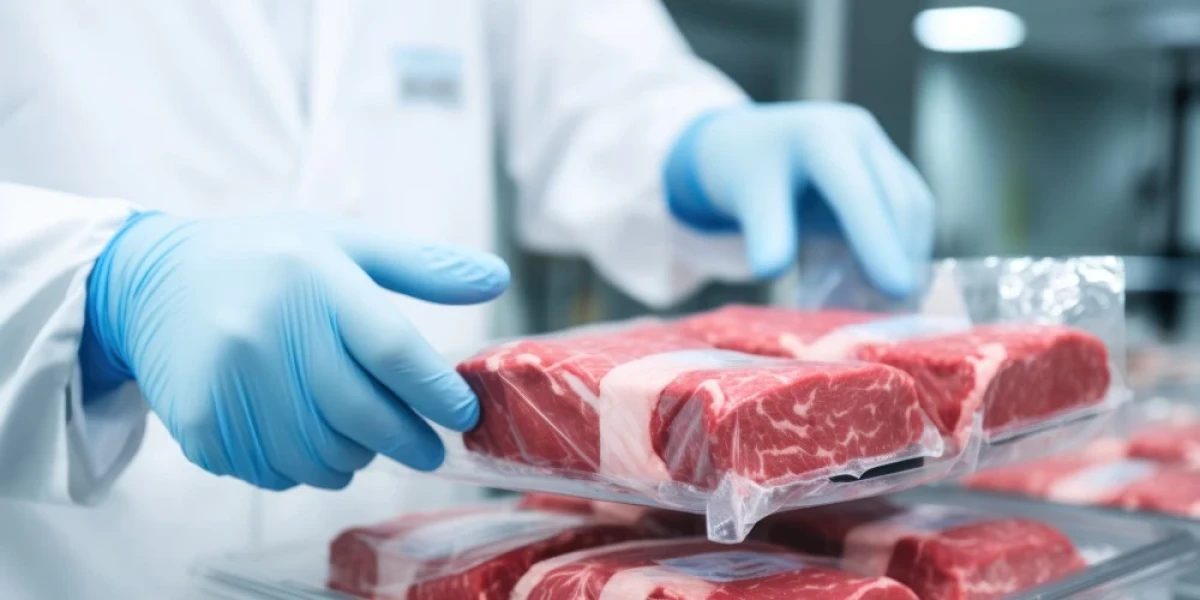
In the food and beverage industry, things are not always what they seem. The ongoing incidence of food fraud means that products on retail shelves may not match what they’re claimed to be.
The US Food & Drug Administration (FDA) reports that the cost of global food fraud is estimated at $10-$15 billion a year, potentially rising as high as $40 billion.
Research over many years bears this out. In a recent food fraud study, between 34-60% of 15,000 records were found to include at least one potentially hazardous adulterant.
The globalization and complexity of food supply networks, plus the difficulties of detection, add significant supply chain risks and make food fraud a serious threat to the industry. However, employing scientific traceability methods to verify food authenticity can provide a solution.
Duping the market: The causes of food fraud and adulteration
Food fraud is generally intentional and economically motivated, but rarely carried out with malicious intent. It covers a range of deceptive practices including food adulteration, product mislabeling, counterfeiting and contamination. Definitions of these practices are:
- Adulteration or substitution, where genuine products are blended with or substituted by other, generally inferior, products
- Mislabeling of products, such that the ingredients of the product don’t match the pack description
- Misrepresentation of nutritional content, such that the health benefits of the product are misleading or exaggerated
- Misrepresentation of origin, where the product is sourced from or manufactured in a different place from what is claimed
The scale and volume of food fraud remains high. More than 340 fraud suspicions in food and related products were raised by EU countries in April 2024 alone, according to the latest Alert and Cooperation Network (ACN) report. Reporting of such incidents has risen throughout 2024, with April’s figure 9% higher than the previous monthly average. These cases included product tampering, record tampering, and traceability concerns.
Country of origin fraud is common, with a number of recent cases involving meat, seafood, wine, honey, fruit and vegetables, as well as the attempted sale of mislabeled food products actually originating from countries deemed ‘at risk’ to consumers.

Counting the cost: The consequences and food fraud laws
Businesses can face significant punitive consequences if found to have sold fraudulent food products, whether knowingly or unwittingly. These include regulatory scrutiny, financial penalties, revenue loss, reputational damage, and brand erosion.
Such consequences will be even more severe if the fraud resulted in adverse impacts on consumer health or safety.
The implications can be seen in two of the most high-profile cases of food fraud.
- The horsemeat scandal of 2013, where horsemeat was discovered in beef products sold across Europe. Millions of products were recalled, and the industry suffered serious financial losses. Several of those involved were sentenced to jailtime and fined €1 million.
- The Chinese melamine scandal of 2008, where infant formula was adulterated with melamine, resulting in 300,000 people becoming ill and 50,000 children hospitalized. The products were banned from overseas markets and more than 20 people convicted, with 2 executed.
Food fraud laws are managed by the Food and Drug Administration (FDA) in the United States and the European Food Safety Authority (EFSA) in the European Union.
- The FDA is responsible for ensuring that food is safe and correctly labeled, and have strict rules about ingredients and food additives.
- The EFSA oversees the entire food supply chain from farm to plate, and includes a focus on making sure every food product can be traced back to its origin.
Under scrutiny: Food safety regulations and global compliance measures
To prevent fraudulent products being sold to consumers, regulators seek to remove market access through product recalls, seizures, injunctions, and import refusals. Food businesses experiencing this will suffer direct loss of revenue from products being unavailable on shelves, as well as degraded trust with critical retail channels.
Different countries have enacted a raft of laws and food safety regulations, supported by industry-driven food safety organizations, to ensure that the food purchased by consumers is accurate to label and safe to eat.
However, such measures are often reactive, only identifying the issue at borders or when products have entered the markets. True prevention means taking a proactive approach.
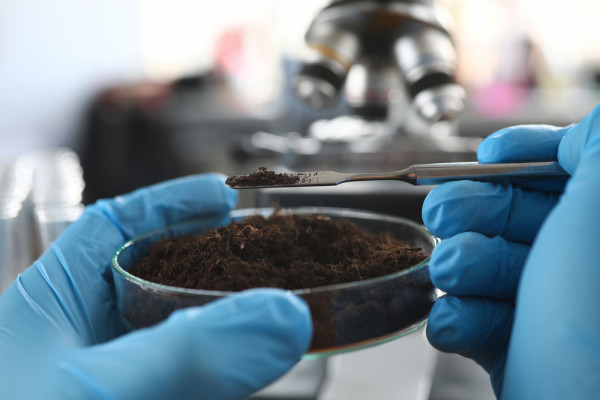
Science and traceability: How to detect and prevent food fraud
Origin verification and traceability offer a reliable solution to reduce the risk of product fraud in the food industry.
Through rigorous scientific analysis, food products can be verified as consistent with claimed origin. Inconsistencies within the product, which could point to adulteration, substitution, or misrepresentation, can be identified. Often these inconsistencies can be traced back to specific parts of the supply chain.
Product traceability in the food industry improves risk management. By implementing a consistent, ongoing program of product testing, food and beverage businesses can increase their visibility over supply chain networks and hold vendors to higher account.
In this way, they have greater assurance over the integrity of their products and reduce the likelihood of fraudulent products slipping through traditional QA processes.
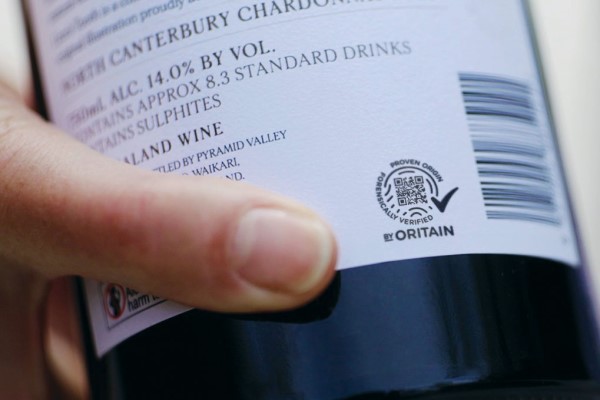
Scientific traceability vs. traditional fraud detection methods
There are many differences between traditional traceability vs scientific traceability. Tools such as blockchain, AI, and supply chain mapping are heavily dependent on the accuracy and transparency of data entered into their systems, and are therefore susceptible to fraud.
Moreover, none of these tools physically inspect the products themselves.
Scientific traceability provides a more robust and credible solution than information or documentation systems alone.
Scientific traceability addresses the business risk from record tampering by testing the product itself and not relying on data entry which can be falsified. This is a similar methodology to the scientific analysis employed by the FDA to identify instances of food fraud.
Oritain’s forensic science can test a diverse range of food and beverage products, including red meat, coffee, dairy, and more. Our certification provides independent validation of product integrity to reassure consumers and regulators of both the authenticity of the product and the brand’s commitment to their safety.
While the potential for economic gain exists, the threat of food fraud is likely to continue. The use of product traceability in the food industry minimizes this risk and should provide valuable food for thought for food and beverage businesses.
To learn more about how Oritain traceability can help reduce your risk of food fraud, contact us to speak with one of our team.
Disclaimer: The information provided in this document does not and is not intended to constitute legal advice. Instead, all information presented here is for general informational purposes only. Counsel should be consulted with respect to any particular legal situation.
